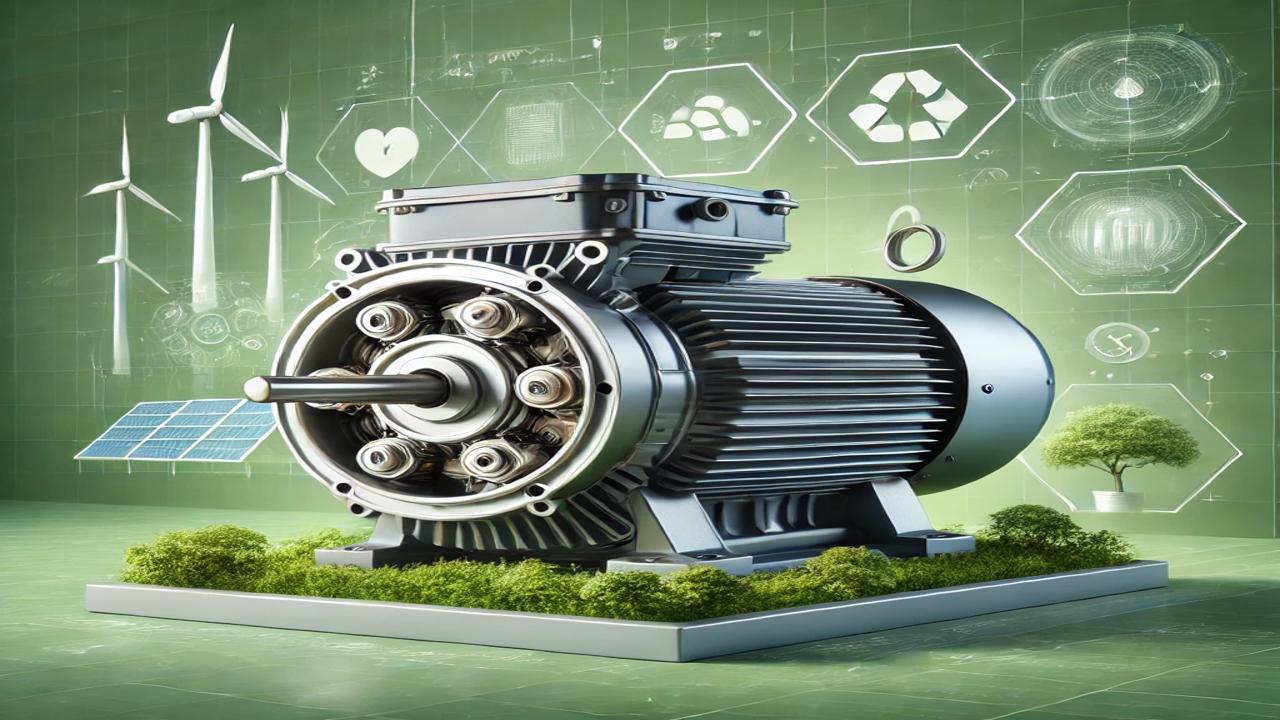Things You Need to Know About Electric Motors

Electric motors are widely used in many sectors today. They have a broad range of applications, from home appliances to cars, industrial machines to vehicles. Electric motors offer advantages such as energy efficiency, being environmentally friendly, and requiring minimal maintenance. Here are the key things you should know about electric motors:
-
What is an Electric Motor?
An electric motor is a device that converts electrical energy into mechanical energy. It consists of two main components: the stationary stator and the rotating rotor. When electric current passes through the stator, it creates a magnetic field that causes the rotor to rotate. -
Types of Electric Motors
Electric motors can be classified into different types based on their operating principles:
- DC Motors: They operate on direct current and are simple to control in terms of speed. They come in brushed and brushless varieties.
- AC Motors: They work on alternating current and are durable and long-lasting.
- Synchronous Motors: They run at a constant speed and are commonly used in industrial applications.
- Induction Motors: These motors are more cost-effective and preferred in commercial applications.
- Advantages of Electric Motors
Electric motors offer several benefits:
- Environmentally Friendly: They do not emit carbon, reducing environmental pollution.
- Low Maintenance: With fewer moving parts, they require less maintenance.
- High Efficiency: A large portion of the electrical energy is converted into mechanical energy.
- Quieter Operation: They operate much quieter than internal combustion engines.
- Applications of Electric Motors
Electric motors are used in a wide range of applications:
- Electric Vehicles: Used in electric cars, motorcycles, buses, and other vehicles.
- Home Appliances: Found in vacuum cleaners, mixers, refrigerators, and many other devices.
- Industrial Applications: Commonly used in production lines and machines.
- Climate Control Systems: Used in air conditioning, heating, and ventilation systems.
-
Efficiency of Electric Motors
Motor efficiency minimizes energy loss and reduces operational costs. Modern motors can achieve efficiency rates of 90% or higher. -
Technological Advances in Electric Motors
Technological advancements have made electric motors more powerful, efficient, and durable. Some notable developments include:
- Brushless DC Motors (BLDC): Offer less friction and longer lifespan.
- Compact and Lightweight Designs: Enhance battery efficiency in electric vehicles.
- Smart Motor Technologies: Allow for more precise power and speed control using sensors and software.
- The Future of Electric Motors
Electric motors play a significant role in offering environmentally friendly solutions. Technological advancements will continue to make motors more efficient and sustainable while also lowering costs. Electric motors are expected to become even more widespread in the future.
Conclusion
Electric motors are devices that efficiently use energy to protect the environment and require minimal maintenance. They have a broad range of applications in both industrial and daily life and will continue to offer more efficient and sustainable solutions in the future. With technological advancements, the role of electric motors will become even more important.










